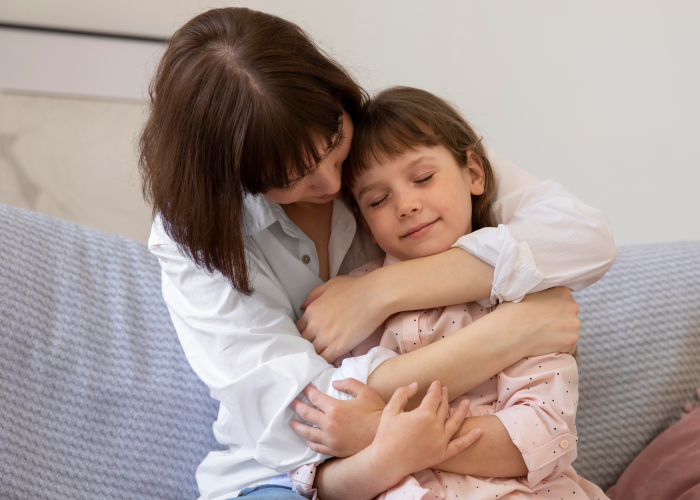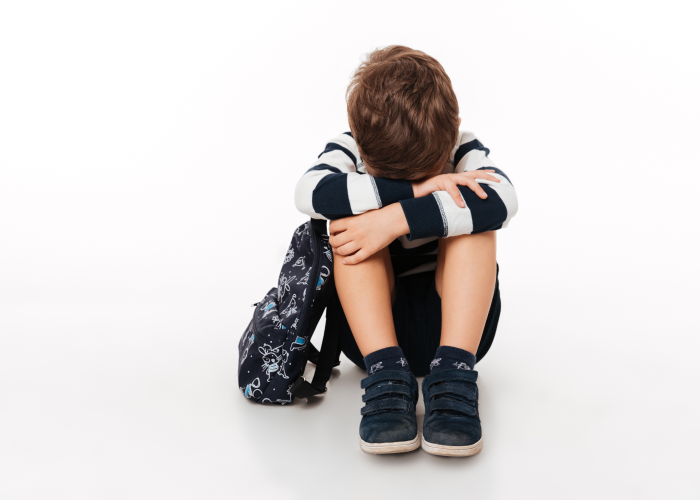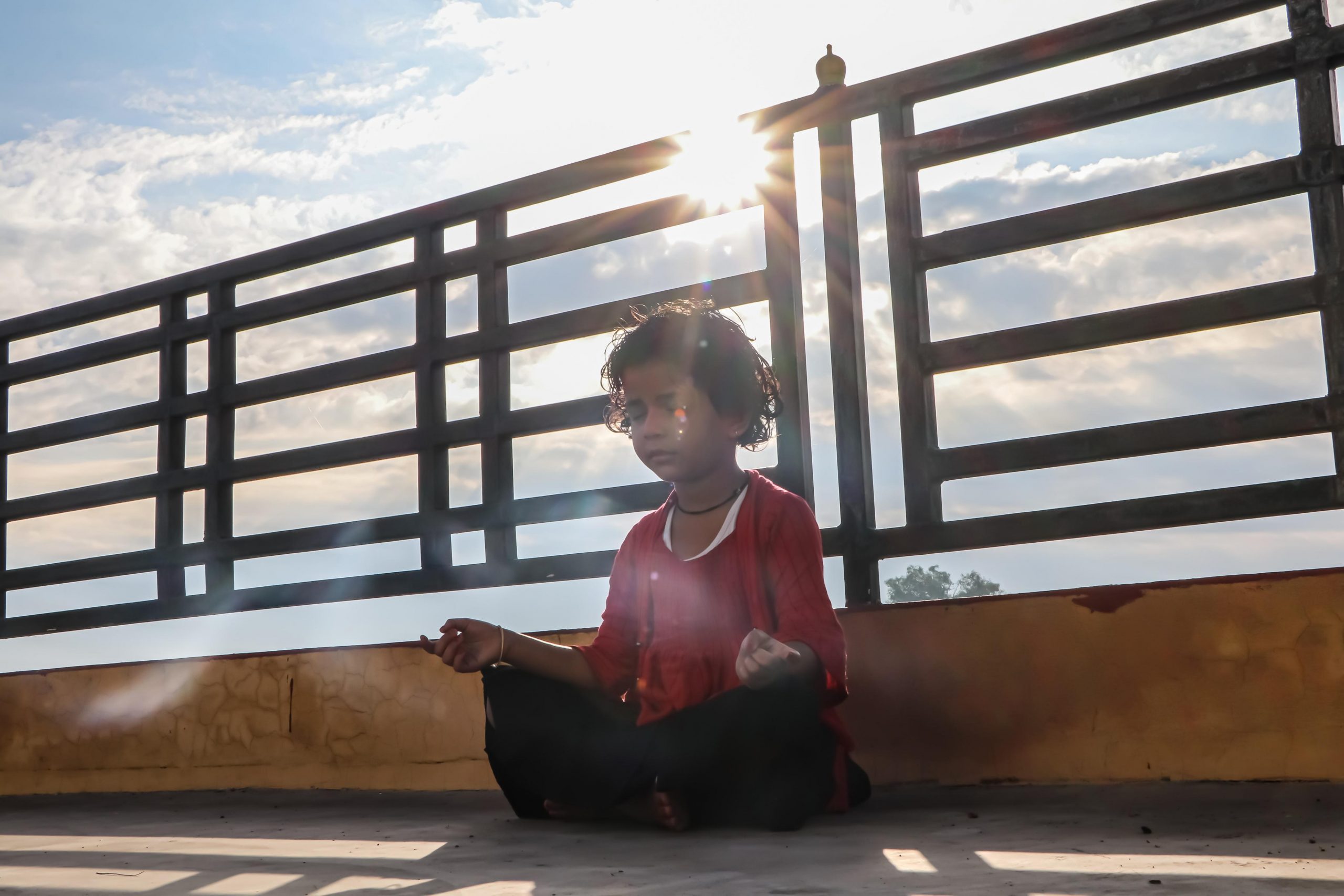Does your child feel excessively shy and uncomfortable when asked to speak in front of the class or perform in social gatherings? If yes, it could be a sign of social anxiety disorder. By definition, social anxiety is a mental health condition in which upcoming social interactions can cause an increase in the anxiety levels of an individual.
Kids with such a disorder constantly fear getting embarrassed, negatively judged, or rejected. This blog throws some light on the same and covers everything that a parent needs to know about this condition.
Signs and Symptoms of Social Anxiety In Children
Typically, social anxiety symptoms fall under three categories: Physical, Emotional and Behavioral. Also, these symptoms differ from individual to individual. Some have them in all situations while others suffer from them only during performances.
However, the most common symptoms are as follows:
- Constant fear about judgment or embarrassment by others which can even make them appear visibly anxious or awkward.
- Fear of social gatherings, meetings or talking to new people which can start days or weeks before an event.
- Before/during social occasions, throwing tantrums or behaving clingy.
- Sweating, nausea, trembling, blushing, dizziness, or a high heart rate are all physical signs common in social circumstances that kids find frightening, and in severe cases, they can even lead to panic episodes.
- Feeling helpless, sad, or angry in social settings.
- Making friends or conversing with classmates is difficult.
- Speaking softly, avoiding eye contact or regularly asking for reassurance.
- Expecting the worst potential outcomes from a negative experience in a social scenario.
- Refusing to go to school, in extreme cases.
Causes of Social Anxiety In Children
Social anxiety disorder, like many other mental illnesses, is most likely caused by a complex interplay of numerous variables. The following are some of the possible causes:
- Genetic factors – Traits that are passed down via the generations may cause anxiety disorders in the child.
- Brain factors – The amygdala structure of the brain modulates the fear response. People with an overactive amygdala may experience a heightened fear reaction, which can lead to anxiety in social situations.
- Environmental factors – Some people develop severe anxiety following an uncomfortable or embarrassing social situation, which could be a taught behaviour. In addition, there may be a link between social anxiety disorder and parents who either model nervous behaviour in social circumstances or are overprotective of their children.
- Societal factors – Not being able to be a part of society and lacking that engaging and interactive atmosphere. For example, what happened with the Covid-19 Pandemic can definitely leave your kid socially anxious.
Possible Complications
If left untreated, the disorder can interfere with your child’s whole life and career. Severe consequences like low self-esteem, trouble being assertive, negative self-talk, hypersensitivity to criticism, poor social skills, isolation or difficulty in maintaining social relationships can arise. Low academic and employment achievement, depression, substance abuse such as drinking too much alcohol or even suicidal ideations can also emerge.
Prevention Of Social Anxiety Disorder
There is no right time or way to protect someone from such a situation, but you can take a few steps to prevent this situation, such as:

Bond with your child to make sure they are okay
- Get aid as soon as possible because any kind of delay can make it difficult to cure the issue.
- Keep a diary to track your child’s personal life which might help you and the mental health professional figure out what’s stressing them out and making them feel better.
- Tell your children to prioritize and carefully manage their time and energy as it can help lessen anxiety. Make sure they devote more time to activities that they enjoy.
- The use of harmful substances should be avoided completely as it can worsen the situation. If your child is having a hard time quitting any of these substances, it can be stressful for them as it’s an addiction. Doctors or support groups can be consulted in such a situation.
Treatment
- At-Home Treatment – For a child with mild symptoms, proper two-sided communications where parents can try to address their child’s fears directly and know how they feel and what makes them nervous can help a lot. Such brainstorming sessions should happen at regular intervals, which might bring some positive change. Schools can also play a crucial role in this process, as it has the most significant impact on a teen’s ability to function.
- Therapy and Medication – Children showing severe symptoms interrupting their daily lives might need some professional help. Cognitive-Behavioral Therapy (CBT) is also common where experts talk to the kids while understanding their emotional perspective.
You can even teach them deep breathing, mindfulness, meditation, and other relaxation exercises to help them cope with their symptoms.
If the child is still not showing any improvement, your doctor may prescribe medications such as Selective Serotonin Reuptake Inhibitors (SSRIs) in order to make psychotherapy more effective.
Want to know more about anxiety disorders in children, click here.






